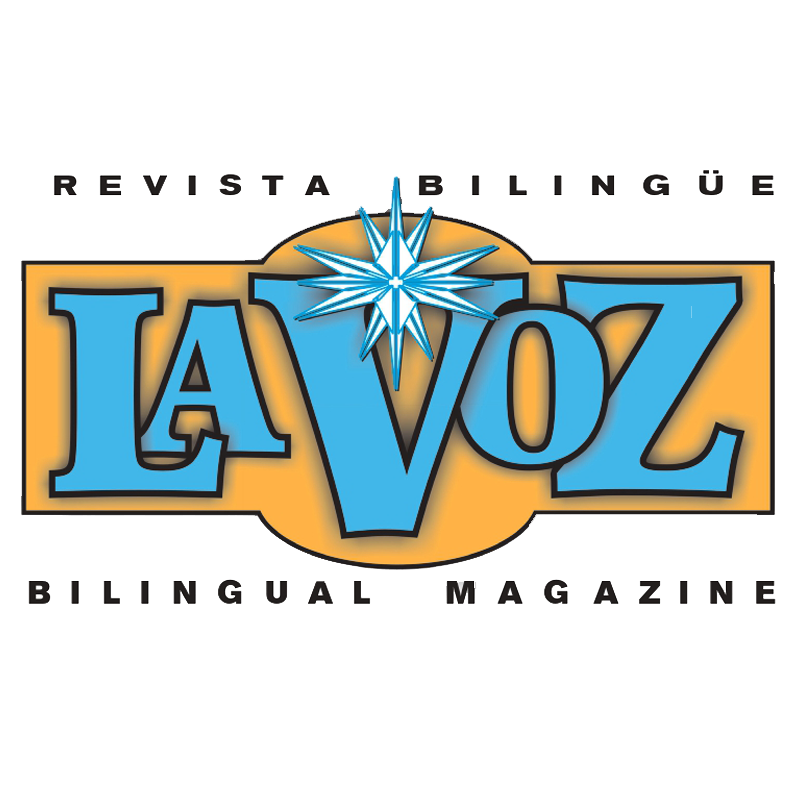On February 21, 2025, @Ethnic Media Services convened a crucial briefing titled “LA Launches a National Model for Park Equity,” focusing on the approach in LA to tackle the lack of equitable access to green spaces and parks. Park equity is a key concern for public health officials today because access to quality parks and green spaces plays a significant role in promoting physical and mental health. The issue of park equity centers on ensuring that everyone, regardless of their socioeconomic status, race, or geographic location, has equal access to these benefits.
In Los Angeles, park equity is a critical issue, as access to parks and green spaces is unevenly distributed across the city, particularly between wealthier and low-income neighborhoods. Many communities, especially those in communities of color, are located in “park-poor” areas, meaning they have limited or no access to quality parks. This inequity has significant implications for public health, environmental justice, and social well-being. Los Angeles is currently number 88 out of the 100 largest cities in the country in terms of park score. As Jon Christensen, adjunct assistant professor at UCLA, mentioned, “there’s an urgent need for a clear assessment of the need for parks for park improvements to address a backlog and deferred maintenance of $2.1 billion.”
Currently, there is an assessment underway to create a strategy to improve the park. A park equity assessment is a systematic evaluation designed to identify disparities in access to parks and green spaces within a city. For Los Angeles, this involves gathering and analyzing data on park locations, conditions, and accessibility in relation to the demographic and socioeconomic characteristics of different neighborhoods. The goal is to create a more equitable distribution of parks and ensure that all communities, particularly those that have been historically underserved, can benefit from the physical and mental health benefits of green spaces. The Park Needs Assessment evaluates all parks in Los Angeles, 16,000 acres, and it is designed to shape the future of parks. This assessment is going to produce a decision-making framework for the city to guide the Department of Recreation and Parks in prioritizing investments. Jimmy Kim, General Manager of the Department of Recreation and Parks for the City of Los Angeles, says the assessment “really aims to understand what we need now as well as what the future recreational needs and park needs will be for our diverse communities.” Los Angeles aims to create a national model of how park systems can prioritize equity by executing this assessment.
As part of the assessment to improve park equity, the project team will be working closely with council districts and neighborhood councils to understand the unique needs of the diverse communities within Los Angeles. An assessment to improve park equity in a city like Los Angeles typically involves a comprehensive, data-driven process to understand disparities in park access and identify strategies for creating more equitable green spaces. Jessica Henson, Partner at OLIN, says “for this process to reflect all communities and not just specific neighborhoods or specific ethnicities or specific communities around the city.” Los Angeles has already made notable strides toward park equity, with several transformative projects underway. For example, the Hollywood Central Park project, which seeks to create a 38-acre linear park over the 101 Freeway, is poised to provide a much-needed green space in an area with limited park access. Other initiatives like the revitalization of the Taylor Yard into the Taylor Yard G2 River Park and the restoration of the Arroyo Seco Watershed highlight efforts to convert underutilized or industrial areas into vibrant, recreational spaces.
A park equity assessment is a powerful tool for cities like Los Angeles to address longstanding disparities in park access. By identifying where parks are needed most and engaging directly with communities, these assessments provide the foundation for creating a more equitable, healthier, and greener city. As Los Angeles moves forward in its efforts to improve park equity, it’s clear that every resident—regardless of their neighborhood or background—deserves access to the benefits of nature. To get involved or stay informed on the ongoing assessment, visit needs.parks.la city.gov.
